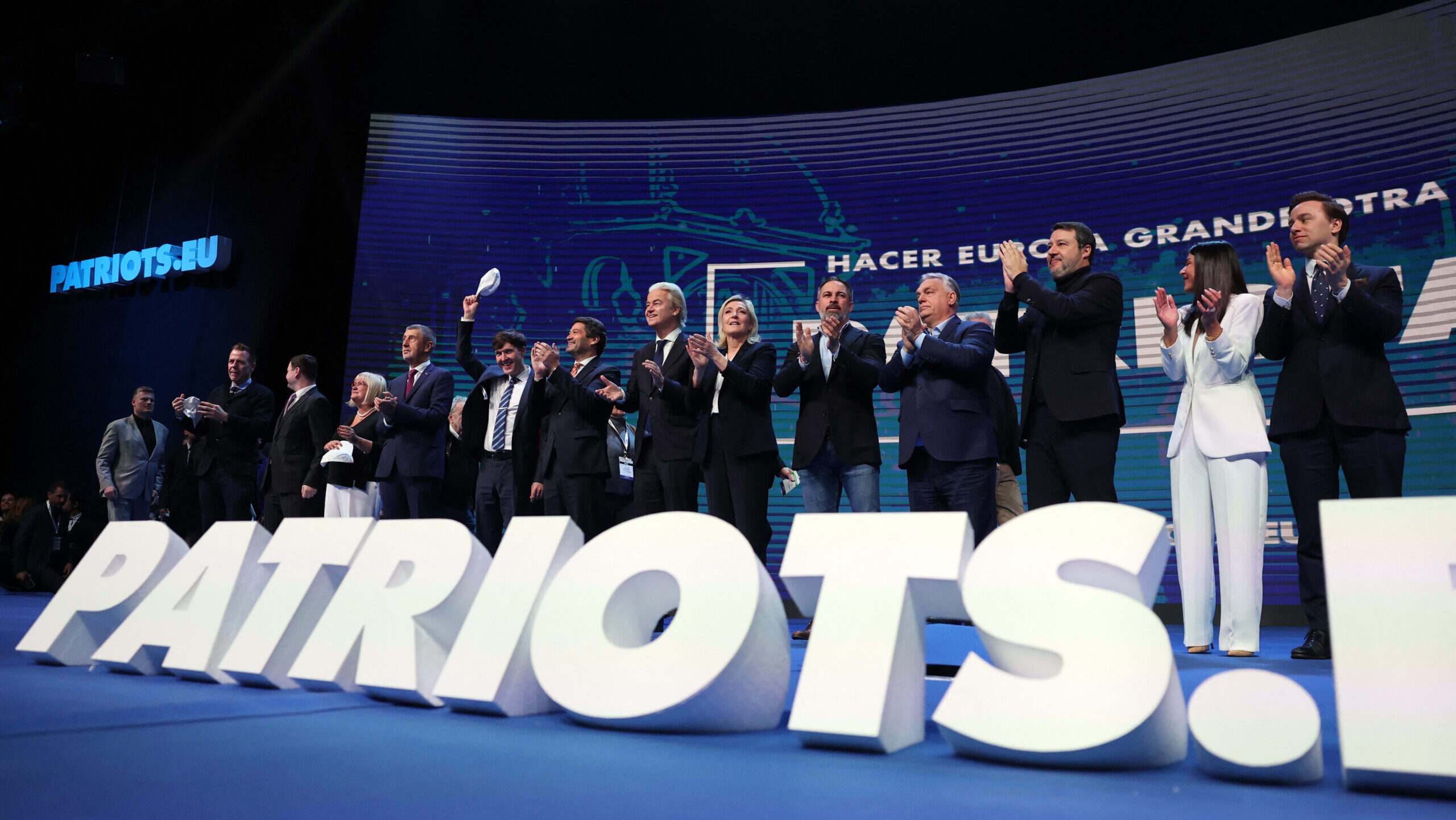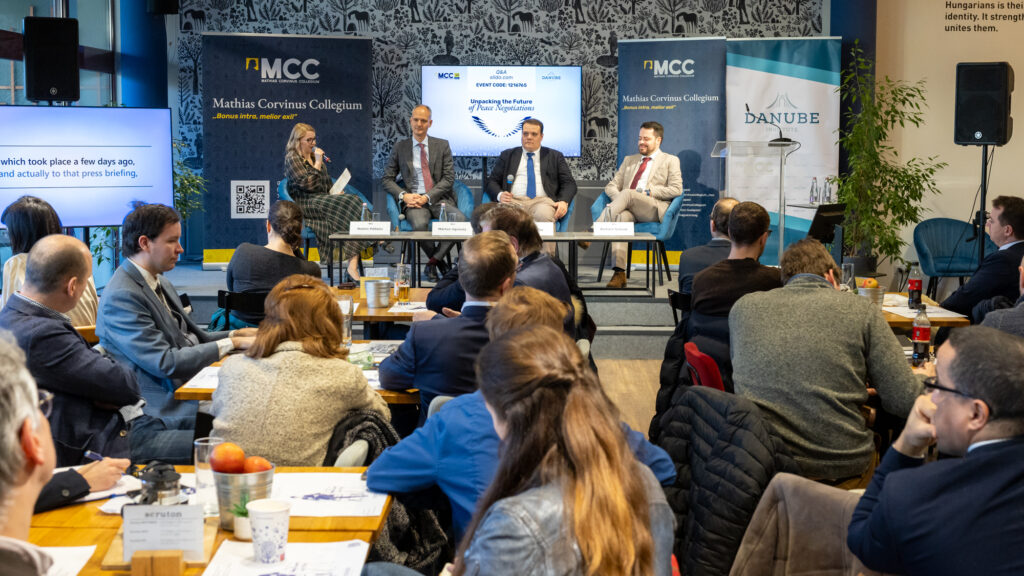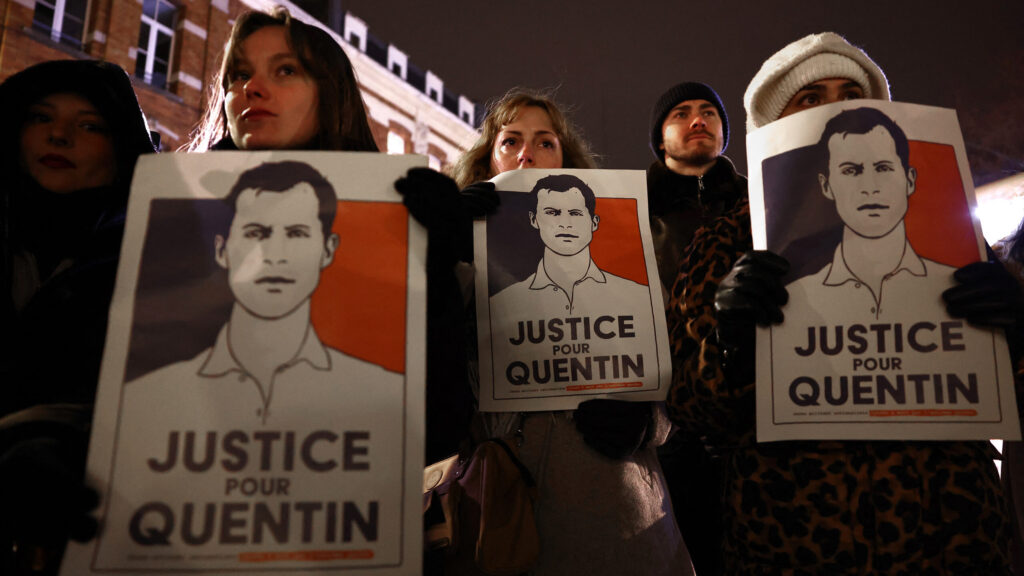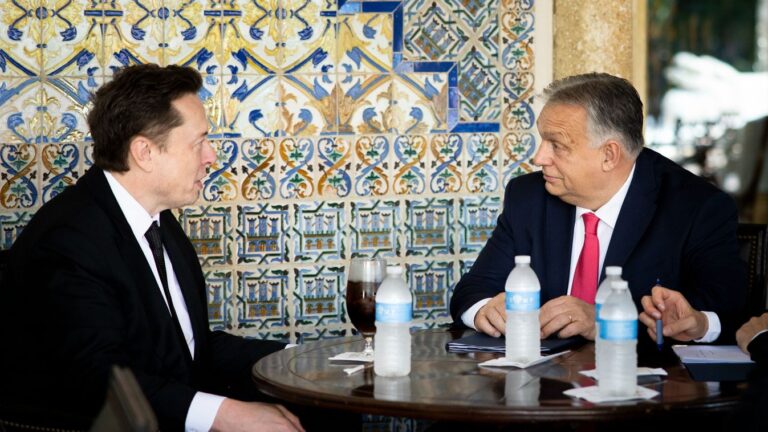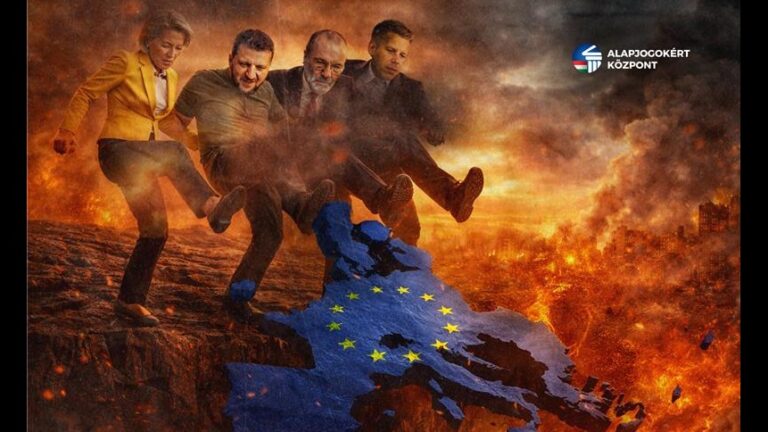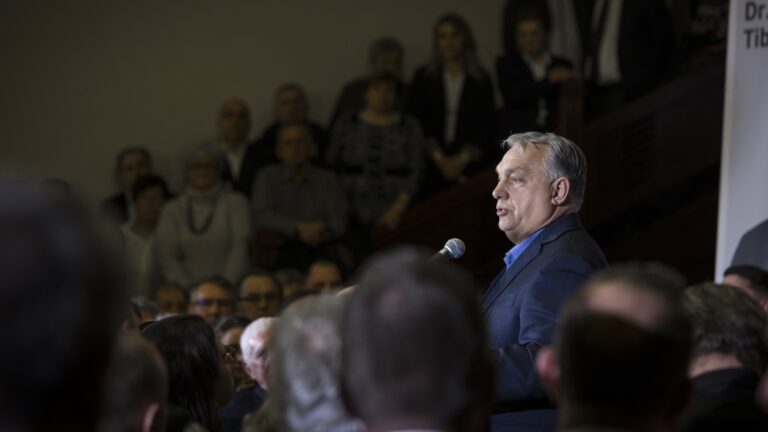Almost exactly one year ago, Hungarian Prime Minister Viktor Orbán, former Czech Prime Minister and opposition leader Andrej Babiš, and leader of the Austrian Freedom Party (FPÖ), Herbert Kickl, announced the establishment of a new European political alliance called ‘Patriots for Europe’ (PfE). Subsequently, the group has grown with the accession of sovereignist forces across Europe, including Marine Le Pen’s National Rally (RN), Matteo Salvini’s League, and Geert Wilders’s Party of Freedom (PVV), leading to the emergence of the third-largest party in the European Parliament on 8 July.
‘The new political family aims to reshape the landscape of European governance and address the pressing issues faced by the continent,’ Orbán declared on 30 June 2024. He highlighted the need for peace, order, and development—areas in which, in his view, the current Brussels elite has failed. Orbán also pointed out that several European governments had resigned following the European Parliament elections, which he considered proof that democracy functions effectively at the national level. However, he argued that the Brussels elite continues to resist change, enabled by the EU’s undemocratic structure. The three leaders introduced the ‘Patriotic Manifesto for a European Future’, which remains the cornerstone of Patriots for Europe.
Fighting the Mainstream
Since its formation, PfE has played a key role in European politics, countering mainstream influence both in the European Parliament and at the national level. The group now comprises 16 parties from 14 EU member states, amounting to 86 MEPs. Despite representing more than 15 million voters—the cumulative total for PfE member parties in the 2024 European elections—the group has been barred from holding any presidential or vice-presidential positions in the European Parliament’s committees.
This move illustrates how mainstream parties, mainly the European People’s Party (EPP), the Socialists and Democrats (S&D), and Renew, continue to cling to the old status quo, ignoring electoral will and applying a cordon sanitaire against patriotic forces not only nationally but at the European level as well.
This stance is also reflected in legal proceedings initiated against several Patriots for Europe member party leaders, described by many as political witch-hunts—similar to those faced by US President Donald Trump during the 2024 presidential campaign. In September 2024, Italian prosecutors requested a six-year prison sentence for Matteo Salvini, who faced charges of kidnapping for preventing over 100 migrants from disembarking a vessel he had blocked at sea for nearly three weeks in 2019, as part of his policy to curb illegal migration. Salvini was acquitted in December 2024.
In March 2025, Marine Le Pen was found guilty of embezzling European Parliament funds and declared ineligible to stand in elections for the next five years, thereby barring her from running for the French presidency in 2027. The decision was criticized by many right-wing leaders, including Viktor Orbán and Donald Trump. Additionally, Austrian prosecutors requested that parliament lift Herbert Kickl’s immunity over an allegation of perjury related to his testimony before a parliamentary committee in November 2024.
PfE’s Breakthroughs and Future Prospects
Nevertheless, the mainstream’s political tools have not stopped the rising popularity of PfE member parties, which have continued to achieve electoral successes since the group’s establishment. In September 2024, the FPÖ won the Austrian parliamentary elections with 29 per cent of the vote. However, Kickl was ultimately unable to form a government due to disagreements with the EPP’s Austrian People’s Party (ÖVP). Despite this, the FPÖ continues to lead in the polls, currently standing at 33 per cent. Andrej Babiš’s ANO party won regional and senate elections in the same month in Czechia and is projected to secure a landslide victory in the parliamentary elections scheduled for October 2025, polling at 32 per cent, with the current governing coalition SPOLU trailing at 21 per cent.
In May, Portugal held its third parliamentary election in three years, with Patriots for Europe member Chega tied for second place with the Socialist Party (PS), both securing 22.6 per cent of the vote. Led by André Ventura, Chega achieved its greatest electoral success since its founding in 2019, sending 58 MPs to the new parliament.
Moreover, PfE member Konfederacja played a significant role in the electoral victory of Polish President Karol Nawrocki over Donald Tusk’s candidate, Warsaw Mayor Rafał Trzaskowski. In the run-up to the second round of the election, Konfederacja’s candidate, Sławomir Mentzen, interviewed both candidates and indirectly endorsed Nawrocki, who ultimately won a tightly contested race, mainly by securing the support of young voters—the core of Konfederacja’s base.
Speaking to Hungarian Conservative at CPAC Hungary in May, one of the party’s leading figures, Krzysztof Bosak, explained that Konfederacja’s goal is to become Poland’s main right-wing force in the next two years. According to current polls, this goal is not out of reach: Konfederacja stands at around 18 per cent, while Law and Justice (PiS; ECR) is at approximately 31 per cent. However, as Bosak also noted, PiS’s leadership comes from an older generation, and a transition is inevitable in the coming years, giving Konfederacja a chance to shine.
Looking ahead, PfE could soon grow further, according to multiple media reports. One party that could join the group is Luxembourg’s Alternative Democratic Reform Party (ADR), after its sole MEP, Fernand Kartheiser, was expelled from the European Conservatives and Reformers (ECR)—a right-wing group and key PfE ally—following his visit to Moscow.
Another potential addition is Germany’s anti-immigration right-wing party Alternative für Deutschland (AfD), currently sitting in the Europe of Sovereign Nations (ESN) group. AfD finished second in the February snap elections, achieving its best result ever with 21 per cent of the vote, and has since increased its support, now polling at 23 per cent. Orbán became the first European head of government to receive AfD co-chair Alice Weidel in February, describing her and AfD as ‘the future of Germany’. However, AfD has so far denied rumours of switching groups. The AfD’s 14 MEPs would raise the Patriots group’s total to 100 members if they were to join, significantly increasing PfE’s influence in the European Parliament.
Related articles:

